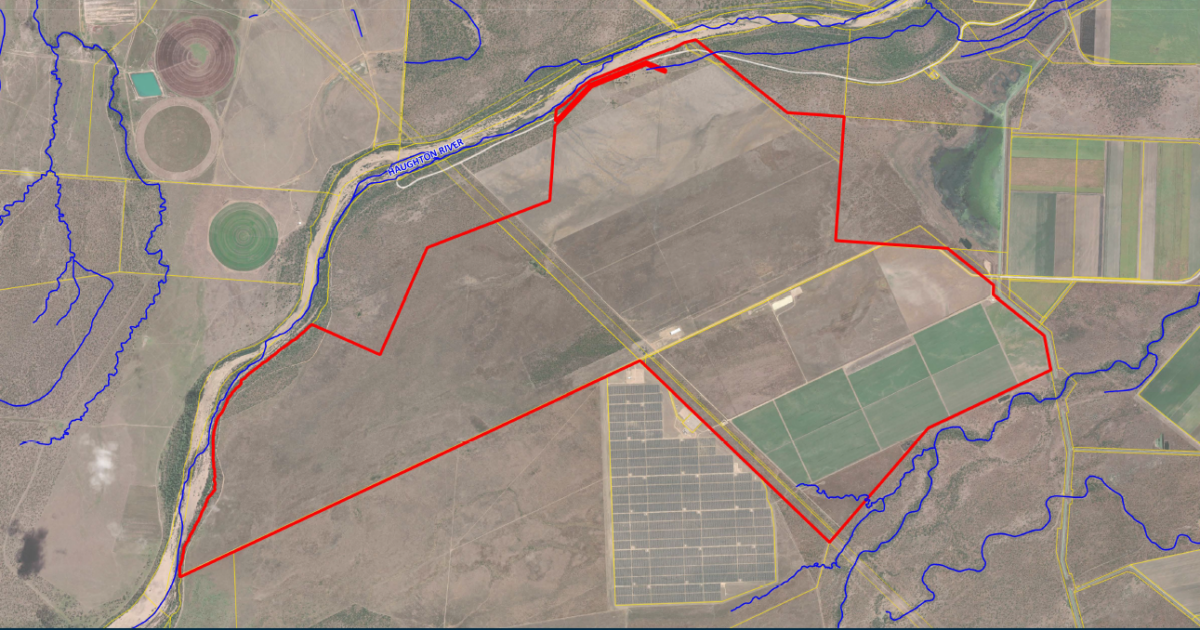The proposed $650 million (USD 439.1 million) 300 MW Cambridge Solar Farm and battery energy storage system planned for north Queensland has received an environmental tick of approval by the federal government.
Developed by Cambridge JMD Australia, the renewables arm of Singapore-based fund manager Cambridge RE Partners, the 300 MW solar farm is reported to be located in the first stage of the $1.7 billion master-planned North Queensland Renewable Energy Park, approximately 80 kilometres south of Townsville.
Once operational it is expected to have a maximum generation of 2 GW, of which 300 MW will be grid connected, with facilitation for a future battery energy storage system (BESS).
The project is expected to generate approximately 2.48 TWh of clean energy annually, enough to power 123,000 Queensland homes and reduce greenhouse gas (GHG) emissions by 670,000 tonnes, the equivalent of 228,000 cars off the road for a year.
Federal Environment and Water Minister Tanya Plibersek said she has ticked off more than 60 renewable energy projects in two years – enough to power almost seven million homes.
“Australians have a choice between a renewable energy transition that’s already underway and driving down prices or paying for an expensive nuclear fantasy that may never happen,” Plibersek said.
The former cane farming 2,688 hectare site is also adjacent to a renewable energy investigation area (REIA) identified in the North Queensland Regional Plan 2020, which provides a 25-year strategic, statutory planning document for surrounding local government areas.
It is also adjacent to developer Pacific Blue’s 100 MW Haughton Solar Farm and a high voltage Queensland transmission network services provider Powerlink easement, allowing for direct connection into the region’s power grid.
Cambridge JMD Australia is leading the project in collaboration with north Queensland landholder Davco Farming. Singapore-based developer Confluence Energy will be responsible for overseeing all development activities.
Works for the first stage of the project are expected to start in 2025, providing 400 jobs, with commissioning anticipated in late 2026.
This content is protected by copyright and may not be reused. If you want to cooperate with us and would like to reuse some of our content, please contact: editors@pv-magazine.com.








1 comment
By submitting this form you agree to pv magazine using your data for the purposes of publishing your comment.
Your personal data will only be disclosed or otherwise transmitted to third parties for the purposes of spam filtering or if this is necessary for technical maintenance of the website. Any other transfer to third parties will not take place unless this is justified on the basis of applicable data protection regulations or if pv magazine is legally obliged to do so.
You may revoke this consent at any time with effect for the future, in which case your personal data will be deleted immediately. Otherwise, your data will be deleted if pv magazine has processed your request or the purpose of data storage is fulfilled.
Further information on data privacy can be found in our Data Protection Policy.